Table of Contents
- Introduction to High Triglycerides and Cholesterol
- Types of Medicines for High Triglycerides
- Types of Medicines for High Cholesterol
- Combination Therapies
- Tips for Taking Cholesterol and Triglyceride Medications
- Potential Side Effects of Cholesterol and Triglyceride Medications
- When to Consult a Doctor
Introduction to High Triglycerides and Cholesterol
High triglycerides and cholesterol levels can increase the risk of heart disease and stroke. In some cases, lifestyle changes alone may not be enough to lower these levels, and medication may be necessary.
Types of Medicines for High Triglycerides
Medicines that lower triglyceride levels include fibrates, niacin, and omega-3 fatty acids. These medications work by reducing the production of triglycerides in the liver.
There are several types of medications that are commonly used to lower high triglycerides and cholesterol levels in the blood. These medications include:
- Statins: Statins are commonly prescribed to lower cholesterol levels, but they can also help to reduce triglyceride levels.
- Fibrates: Fibrates are another type of medication that can lower triglyceride levels by increasing the breakdown of fats in the blood.
- Niacin: Niacin, also known as vitamin B3, can help to lower triglycerides and raise HDL cholesterol levels.
- Omega-3 fatty acids: Omega-3 fatty acids, commonly found in fish oil supplements, can also help to lower triglyceride levels.
- Bile acid sequestrants: These medications work by binding to bile acids in the intestine, which can help to lower cholesterol levels.
- Ezetimibe: Ezetimibe works by blocking the absorption of cholesterol in the intestines, which can help to lower both cholesterol and triglyceride levels.
It is important to consult with a healthcare provider before starting any new medication regimen, as they can help to determine the best treatment plan based on individual health needs.
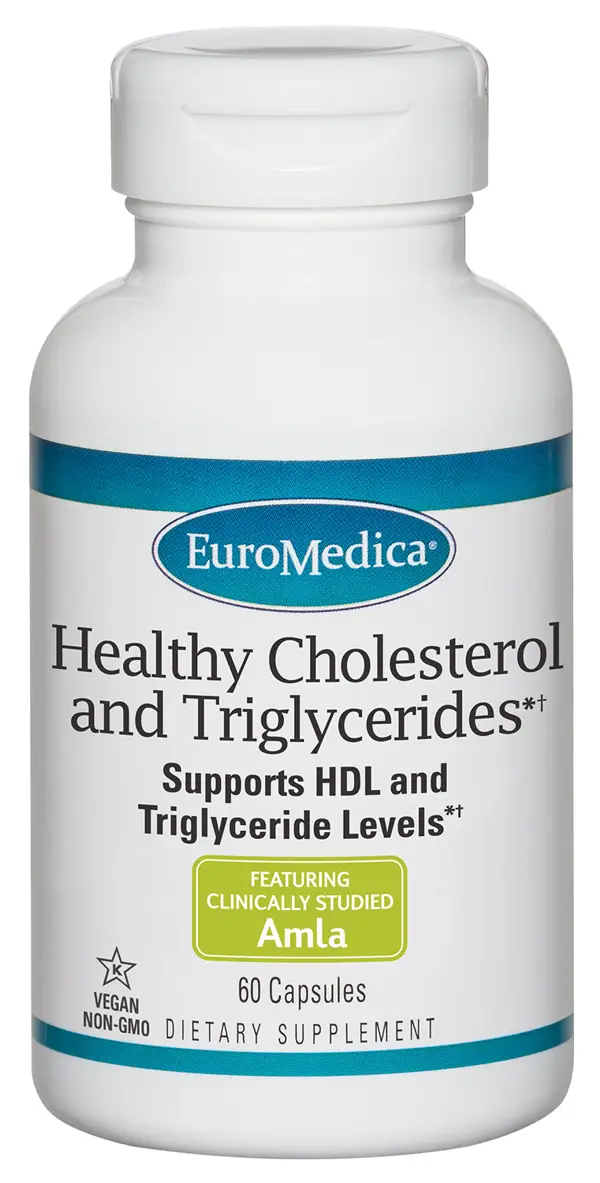
Types of Medicines for High Cholesterol
Statins, bile acid sequestrants, cholesterol absorption inhibitors, and PCSK9 inhibitors are commonly used to lower cholesterol levels. These medications help reduce the production of cholesterol in the liver.
High cholesterol is a common condition that can lead to serious health issues if not managed properly. There are several types of medicines available to help lower high cholesterol levels in the body. Some common medications for high cholesterol include statins, fibrates, niacin, and bile acid sequestrants.
Statins are a popular type of medication that work by blocking a substance your liver needs to produce cholesterol. They have been shown to effectively lower LDL (bad) cholesterol levels and reduce the risk of heart disease.
Fibrates are another type of medication that can help best high cholesterol homeopathic medicine decreasing triglycerides and increasing HDL (good) cholesterol levels. Niacin, also known as vitamin B3, can help lower LDL cholesterol levels and increase HDL cholesterol levels as well.
Bile acid sequestrants are a type of medication that work by binding to bile acids in the intestines, which helps to lower cholesterol levels in the blood. These medications are often prescribed in combination with other cholesterol-lowering drugs for optimal results.
It's important to work with your healthcare provider to determine the best treatment plan for managing high cholesterol and triglycerides. Lifestyle changes such as adopting a healthy diet, exercising regularly, and quitting smoking can also help to improve cholesterol levels and overall heart health.
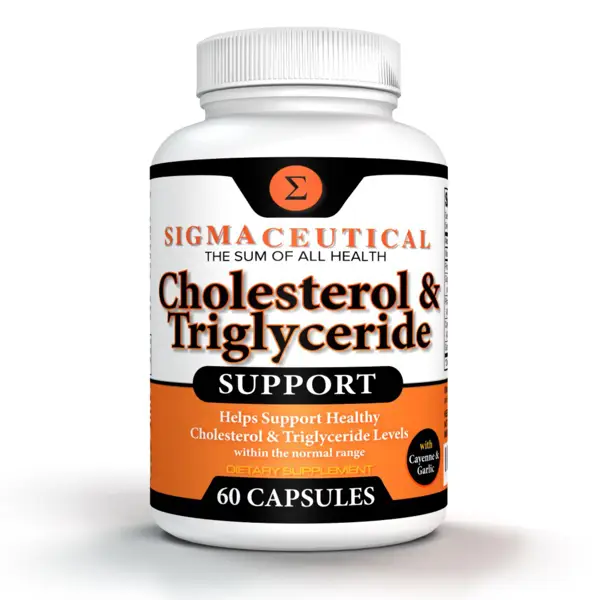
Combination Therapies
For some patients, a combination of medications may be necessary to effectively lower both triglycerides and cholesterol levels. Your doctor will determine the best treatment plan for your specific needs.
Combination therapies are often recommended for individuals with high triglycerides and cholesterol levels to effectively manage these conditions and reduce the risk of cardiovascular diseases. These therapies involve using multiple medications or lifestyle modifications to achieve optimal results.
Common Combination Therapies
- Statins + Fibrates: Statins are commonly prescribed to lower cholesterol levels, while fibrates are effective in reducing triglycerides. Combining these two medications can provide a comprehensive approach to managing high lipid levels.
- Ezetimibe + Omega-3 Fatty Acids: Ezetimibe is a medication that inhibits the absorption of cholesterol in the intestine, while omega-3 fatty acids help reduce triglyceride levels. Combining these two treatments can be beneficial for individuals with mixed dyslipidemia.
- Diet + Exercise: In addition to medications, lifestyle modifications such as a healthy diet and regular exercise play a crucial role in managing high triglycerides and cholesterol levels. Combining these lifestyle changes with medication can further improve lipid profiles.
It is important for individuals with high triglycerides and cholesterol to work closely with their healthcare provider to develop a personalized treatment plan that may include combination therapies. Monitoring lipid levels regularly and making necessary adjustments to the treatment plan are essential for long-term success in managing these conditions.
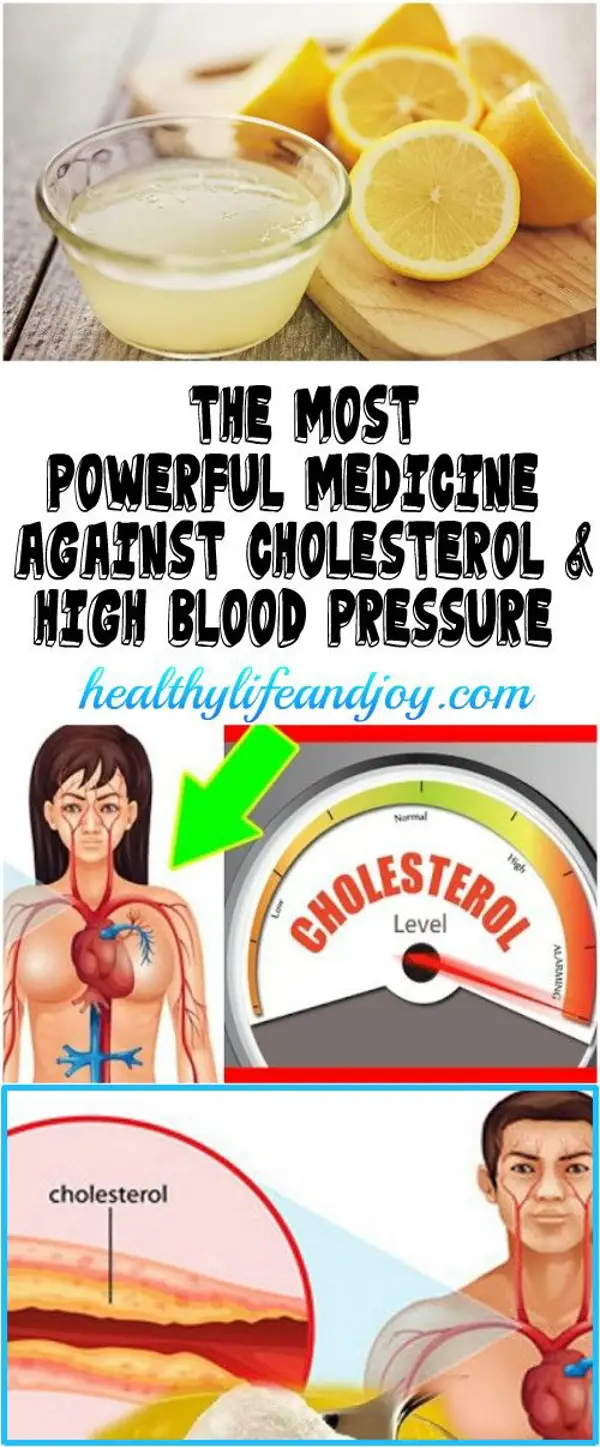
Tips for Taking Cholesterol and Triglyceride Medications
It is important to take your medications as prescribed and follow a healthy diet and exercise regimen. Make sure to discuss any concerns or side effects with your healthcare provider.
If you have been prescribed medications for high triglycerides and cholesterol, it is important to follow your healthcare provider's instructions closely. Here are some tips to help you manage your medications effectively:
- Take your medications as directed by your healthcare provider. It is important to take them at the same time each day to maintain consistent levels in your body.
- Make sure to follow any dietary guidelines provided by your healthcare provider. Eating a healthy, balanced diet can help to lower cholesterol and triglyceride levels.
- Stay active and maintain a healthy weight. Regular exercise can help to improve cholesterol and triglyceride levels.
- Keep track of your medications and refills. Make sure to refill your prescriptions on time to avoid any interruptions in your treatment.
- Communicate with your healthcare provider about any side effects or concerns you may have. It is important to discuss any issues you may be experiencing with your medications.
By following these tips and working closely with your healthcare provider, you can effectively manage your cholesterol and triglyceride levels with medications.
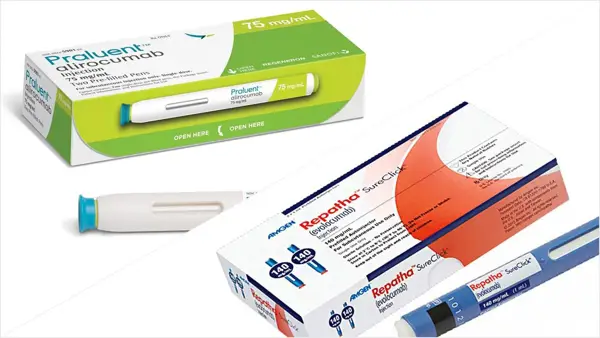
Potential Side Effects of Cholesterol and Triglyceride Medications
Common side effects of these medications may include muscle pain, digestive issues, and liver problems. Be sure to report any unusual symptoms to your doctor right away.
When taking medications to lower cholesterol and triglyceride levels, it is important to be aware of potential side effects that may occur. While these medications can be highly effective in managing high levels of these substances in the blood, they may also come with certain risks.
Common Side Effects:
- Upset stomach
- Muscle aches and pains
- Dizziness
- Headache
Serious Side Effects:
- Liver damage
- Rhabdomyolysis (a severe breakdown of muscle tissue)
- Increased blood sugar levels
- Allergic reactions
If you experience any of these serious side effects while taking cholesterol and triglyceride medications, it is important to seek medical attention immediately. Your healthcare provider may need to adjust your medication or explore other treatment options.
It is also important to discuss any concerns or side effects with your healthcare provider before making any changes to your medication regimen. They can provide guidance on how to manage these side effects and ensure that you are receiving the most effective and safe treatment for high cholesterol and triglyceride levels.
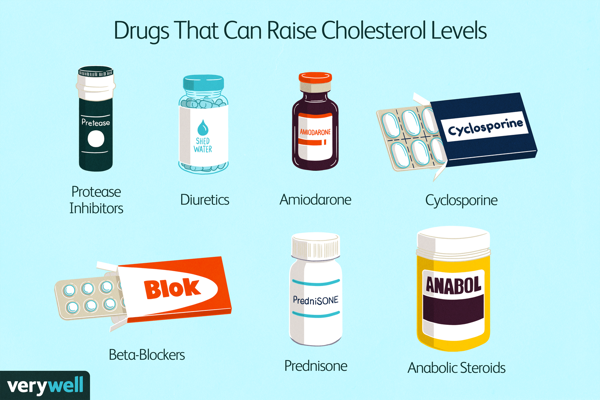
When to Consult a Doctor
If you experience persistent high levels of triglycerides or cholesterol, despite taking medications, it is important to consult with your doctor. They may need to adjust your treatment plan or consider other options.
Key Takeaways
- Medication may be necessary to lower high triglycerides and cholesterol levels.
- There are different types of medications available for treating these conditions.
- Combination therapies may be required for some patients.
- It is important to follow a healthy lifestyle in addition to taking medication.
FAQ
Q: Are there any natural remedies for high triglycerides and cholesterol?
A: While lifestyle changes such as diet and exercise can help, medication may be needed for effective management.
Q: How long does it take for cholesterol and triglyceride medications to work?
A: The effectiveness of medications can vary, but most patients see results within a few weeks to a few months.
Q: What are the risks of not treating high triglycerides and cholesterol?
A: Untreated high levels of these lipids can increase the risk of heart disease, stroke, and other cardiovascular problems.
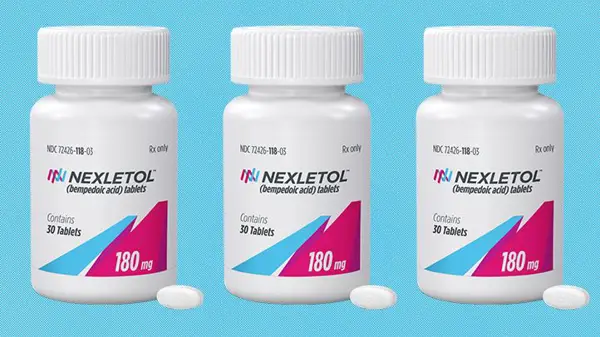


Recent Comments